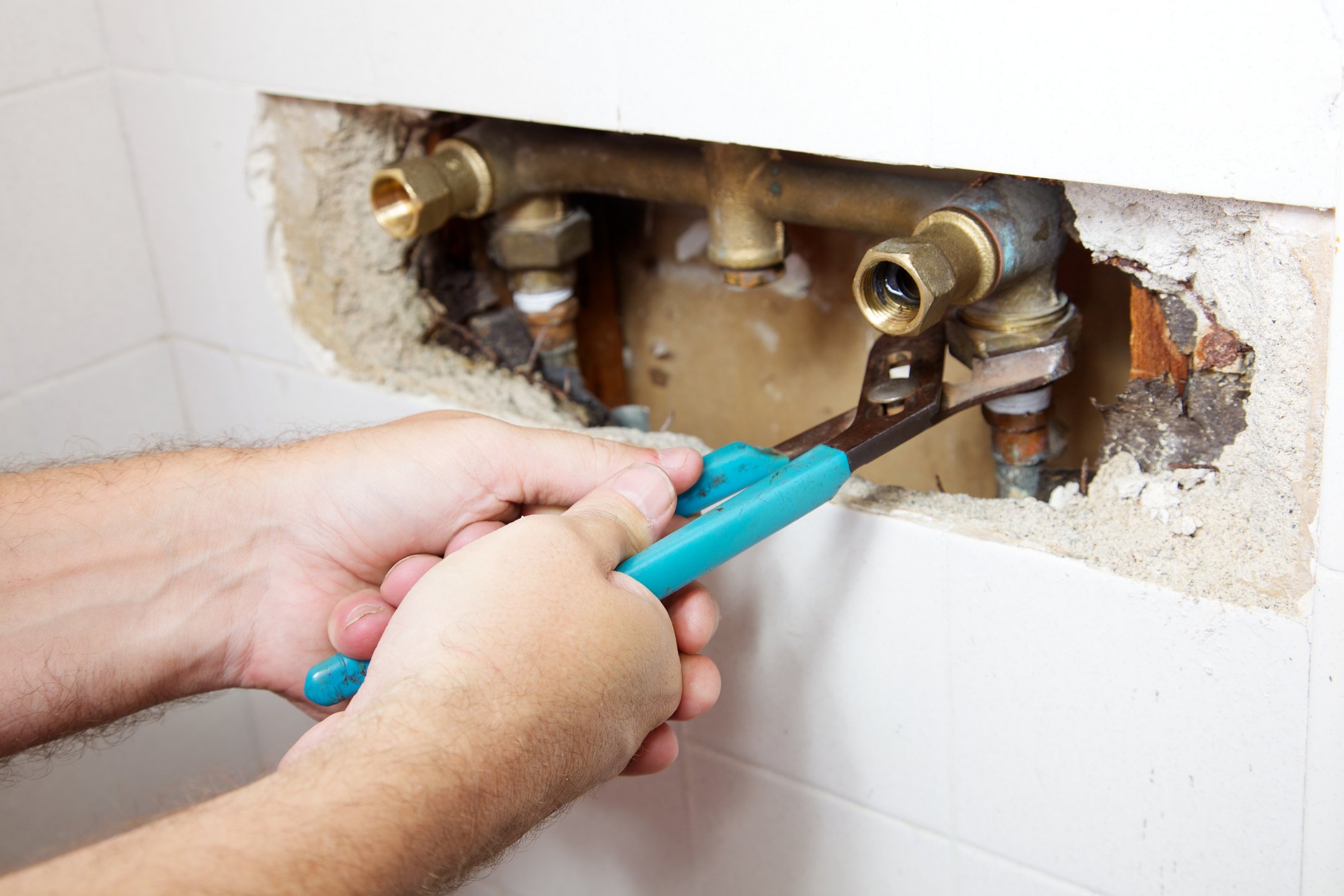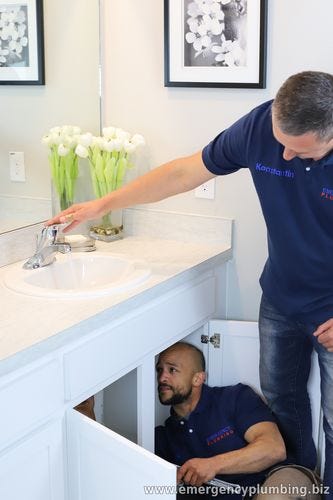The Basics of Bathroom Plumbing: Key Guidelines for New Homeowners
The Basics of Bathroom Plumbing: Key Guidelines for New Homeowners
Blog Article
Just how do you really feel about Smart Plumbing Tips for New Homeowners?

For new house owners, understanding and maintaining shower room plumbing can save both time and money by stopping costly concerns down the line. Below are some important restroom pipes pointers to help you maintain whatever running efficiently.
Familiarize Yourself with the Key Shut-Off Valve
Understanding where the major water shut-off shutoff is located in your home is important. This enables you to quickly shut off the water in case of significant leaks or throughout plumbing emergencies, preventing substantial water damages.
Routinely Inspect for Leaks
Small leaks can bring about large issues. Regularly inspect under sinks, around bathrooms, and near pipes components for any type of indications of leakages. Look for dampness, small drips, or rust. Catching and repairing leakages early can prevent much more significant damages and save water.
Don't Disregard Slow Drains Pipes
If your sink or bathtub is draining pipes slowly, it's often an indication of a blockage forming. Addressing this early can protect against a total clog. Utilize a plunger or a plumbing technician's snake to remove debris. Stay clear of using chemical drainpipe cleansers as they can harm your pipes gradually.
Know What Not to Flush
Toilets are not garbage disposals. Prevent purging anything other than toilet tissue and human waste. Products like wipes, womanly health items, and cotton swabs should be thrown away in the garbage to prevent clogs and sewage system backups.
Install Strainers in Drains
Area filters in your sink and bathtub drains pipes to capture hair and other particles prior to they enter your pipes system. Cleaning up the filters on a regular basis will help prevent build-up and keep water flowing freely.
Preserve Your Hot Water Heater
Ensure your water heater is set to a proper temperature level (generally about 120 levels Fahrenheit) to stop hot and reduce power use. Flush the storage tank yearly to eliminate sediment buildup, which can minimize the performance and life expectancy of your heater.
Upgrade Your Fixtures
If your home has older fixtures, take into consideration upgrading to a lot more effective models. Modern toilets, showerheads, and faucets are designed to utilize less water while giving good pressure, which can substantially reduce your water costs and ecological footprint.
Be Cautious with Do It Yourself Pipes Services
While it's alluring to manage all home repair services by yourself, be cautious with plumbing. Some concerns could need professional know-how, especially if they entail main water lines or sewage system repair services. Working with a professional can occasionally be more cost-efficient than do it yourself, specifically if it stops more damages.
Prepare for Cold Weather
Protect your pipelines from freezing throughout winter by protecting pipelines in unheated locations like cellars, attics, and garages. During severe cool, allow cold water drip from faucets offered by subjected pipelines to assist avoid freezing.
Set Up Regular Maintenance
Think about scheduling annual evaluations with a qualified plumbing professional. They can identify concerns that you might miss out on, such as surprise leakages or damage on pipes and fixtures. Regular upkeep assists expand the life of your pipes system and can prevent emergency situations.
Conclusion
Understanding and keeping your home's shower room plumbing can prevent lots of typical concerns. By adhering to these important pointers, you can ensure your shower room continues to be practical and reliable, saving you money and time in the long run.
Essential Plumbing Tips for Homeowners: Keep Your Pipes Flowing Smoothly
As a homeowner, understanding the basics of your plumbing system can save you time, money, and a lot of headaches. Plumbing issues can range from minor annoyances like dripping faucets to major problems like burst pipes that cause significant damage. This guide provides essential tips to help you maintain your plumbing system and tackle common issues.
Understanding Your Plumbing System
Supply System: Brings fresh water into your home from a municipal source or a well. Drain-Waste-Vent System: Removes wastewater and vents sewer gases outside. Fixtures and Appliances: Includes sinks, toilets, showers, dishwashers, and washing machines. Basic Maintenance Tips
Regular Inspections: Periodically check for leaks, corrosion, and other signs of wear and tear. Look under sinks, around toilets, and near water heaters. Know Your Main Shut-Off Valve: In case of a major leak, you’ll need to shut off the water quickly. Ensure everyone in your household knows where the main shut-off valve is located. Prevent Frozen Pipes: In cold climates, insulate exposed pipes and let faucets drip during extreme cold to prevent freezing. Use Strainers: Install strainers in sinks and tubs to catch hair, food particles, and other debris that can cause clogs. Common Plumbing Issues and Solutions
Clogged Drains:
Prevention: Avoid pouring grease down the drain and use drain screens to catch debris. DIY Fix: Use a plunger or a plumbing snake to clear minor clogs. For stubborn clogs, a mixture of baking soda and vinegar can sometimes help. Leaky Faucets:
Prevention: Replace washers and seals regularly. DIY Fix: Turn off the water supply, disassemble the faucet, and replace worn parts.

Call Today Report this page